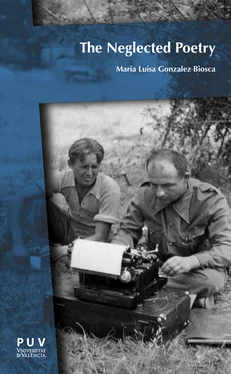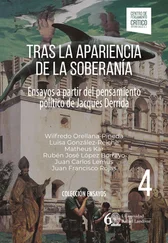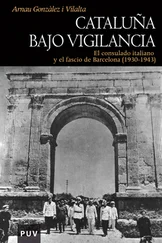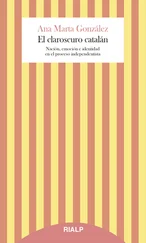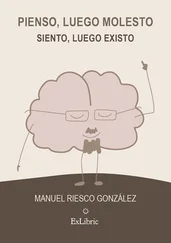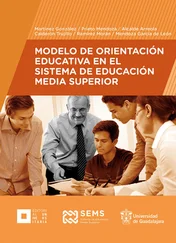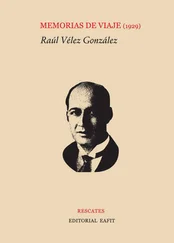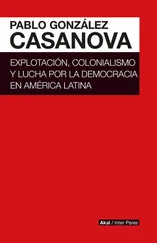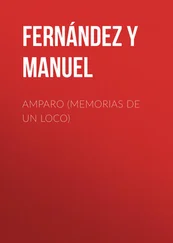1 ...6 7 8 10 11 12 ...15 Nevertheless, from the first day of the coup d’état, before the signing of this agreement and also after it, the rebels had support from the fascist powers and from Portugal. Without the logistic help of the Savoia and Junker 52 planes, Franco would not have been able to carry out a manoeuvre which he would later boast about: the first air bridge of troops in history.
This agreement of non-intervention was the spark which provoked thousands of volunteers from all over the world to go and help the Spanish Republic. Some were already in Spain, not as brigadists, but as political refugees, when the coup d’état took place. On one hand, many Germans and Italians, who had fled from their dictator-ruled countries, had found refuge in Spain.
On the other hand, in answer to the anti-Semitic Nazi Olympics in 1936, in which Nuremberg’s racial laws forbade Jews to participate, the event of Anti-Fascist games had been projected in Barcelona. On the 18 of July 1936, a day before the Anti-Fascist Olympic games of Barcelona were inaugurated, the coup d’état occurred and many athletes were evacuated. However, athletes from 22 countries joined the defenders of the city. The first columns of brigadists that marched to the front in Aragón had many of these athletes with them. Finally, others, such as Felicia Brown, were in Spain for other reasons. The first two English people who intervened in that war were in Barcelona in July 1936:
One was the sculptor and painter Felicia Brown, who arrived here because of her work and at the age of thirty-two, she joined the columns that marched to Aragón, dying on the 28 thof August. The other one was the poet John Cornford, who, without being a Trotskyist and together with his friend from Trinity College, Richard Benet, enlisted in the militias of the POUM in the Stalin column, headed by the Italian Russo, who went to Huesca (Wintringham, 2009: 28-33, the translation is ours).
2.5. Knowing the XV Brigade: Who were they?
As I knew little about the XV Brigade, the writer and history professor, Severiano Montero, explained what the role of the brigadists had been while being in Spain. The International Brigades participated in the defence of the Spanish Republic, fighting as shock forces integrated in the Popular Army. They did not stay in the same place a long time, because this kind of troop was characterised by its mobility and the high amount of casualties.
Figures vary according to the sources, but it can be established that the most repeated is the amount of 35,000 brigadists (Casanova, 2010, p.96) coming from 50 countries. The biggest contingent of brigadists came from France, followed by British, Irish, Americans, Canadians, Germans, Italian, Argentineans, Mexicans and so on. The presence of Jews from all over the world in the International Brigades was remarkable; it is estimated that at least 25% of the brigadists were Jews. 4Since the rise of Hitler to power in 1933, the construction of concentration camps to imprison the “enemies” of Nazi Germany began. The racial laws of Nuremberg, which were approved in 1935, removed the Jews’ civil rights as German citizens. This was extended to the countries which the Nazis had occupied: Austria and Czechoslovakia. This led to the tragic Holocaust which finished with the lives of 6,000,000 European Jews. Although they were distributed in different brigades, the Jews finally had their own unit and edited The Volunteer for Liberty in Yiddish.
Approximately 2,300 volunteers left the Commonwealth; five hundred lost their lives. The majority of the brigadists came from the working class and from highly industrialised cities, such as Glasgow or Manchester, and from mining centres, such as Wales. The first ones to arrive in September 1936 joined the English speaking unit, called Tom Mann Centuria, in Barcelona. Afterwards they were transferred to the base in Albacete and there they joined the Thälmann Battalion of the XII Brigade. In November of that same year they participated in the defence of Madrid.
Two months before Christmas the rest of the battalion was transferred to Boadilla del Monte and practically all of them were annihilated there. Other Englishmen joined the Batallion of the Commune of Paris and fought in several places in the capital at the beginning of November. La Casa de Campo and the Facultad de Filosofia y Letras at the Complutense University, the new campus that was going to be inaugurated in September, were crucial places to stop the rebel troops that were about to break into Madrid.
The British brigadist, Bernard Knox, recalled how he had fought alongside Cornford in Spain in his memoires of the events published in the biography of John Cornford, edited by Pat Sloan in 1938.
Aravaca was a costly failure – the only apparent result was the loss of the University to the Fascists in our absence. We were withdrawn immediately to retake it. And with its capture began a period when we were as happy as I think men can possibly be in the front line of a modern war. We were under cover from the deadly cold that so far had been our worst enemy, we had leisure to talk and smoke in physical comfort, and, greatest pleasure of all, it was safe to take our boots off at night. (Sloan, 1938: 190).
The brigadists barricaded themselves there with brand new books from the library and desks removed from the classrooms. A large number of these brigadists died or were wounded.
Soon after, in December 1936, the English speaking company of 150 men formed the Company Number One, which was attached to the XIV International Brigade, La Marseillaise. On Christmas Eve, the company was destined to the battlefront at Córdoba in order to liberate the city of Lopera. Since most of its members had not had military training, and many machine guns were useless, there were many casualties. It was a tragic day for the English speaking company. The writer Ralph Fox, in whose memory the hospital in Benicàssim was dedicated, and John Cornford, a graduate in History, poet and writer who tried to rescue Fox, died. According to Medina Casado (2011), in Creación de la 1ª Compañía de Brigadistas de Habla Inglesa en 1936. Escritores ingleses en la Batalla de Lopera y en otros pueblos de Jaén :
It is a fact that among the volunteers who came to Spain during the war, although most of them belonged to the working class, there were also prominent intellectuals and writers… This is the case of the English poets W.H. Auden, who wrote the poem “Spain,” the best known poem published about the war, and Julian Bell…Other writers were fighting at the frontline of combat, as George Orwell, wounded at the Aragón front, or the literary critic Christopher Caudwell, who died fighting in the Jarama Battle… (2011: 34-35, the translation is ours).
The constitution of the XV International Brigade is recorded in The Book of The XV International Brigade: Records of British, American, Canadian and Irish Volunteers (1938):
When the XV Brigade was organised at Albacete in January 1937, there were cadres in each of its units that had already experienced war in Spain, groups of nationalities which between September and January had fought in other International Brigades and even in militia formations. This leavening of men with a brief but practical front-line experience was invaluable in stiffening the hastily trained volunteers who comprised the majority in each Battalion. (Graham: 1938 [1975]: 24)
The XV Brigade was composed among other battalions, by the British Battalion, the Franco-Belge, the Dimitrov (mainly formed by politic refugees from Croatia, Germany, Bulgaria, Hungary, Yugoslavia and so on), the Lincoln Battalion, the Canadian volunteers (known as the Mac-Pacs), and the Irish Unit.
In January 1937 the English company located at the base in Albacete had 450 men; nevertheless, many Irish men preferred to join the American contingency for political reasons. At the beginning of February, the first British Battalion, with 500 volunteers, was formed. They had to defend the road from Valencia to Madrid during the first great battle of the Civil War, that of Jarama; this was a vital point to sustain the city with food, war material and other logistic services.
Читать дальше
